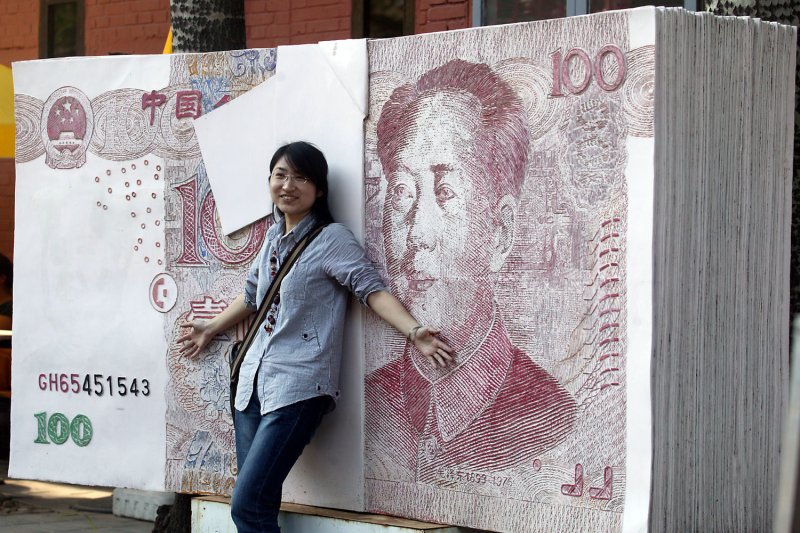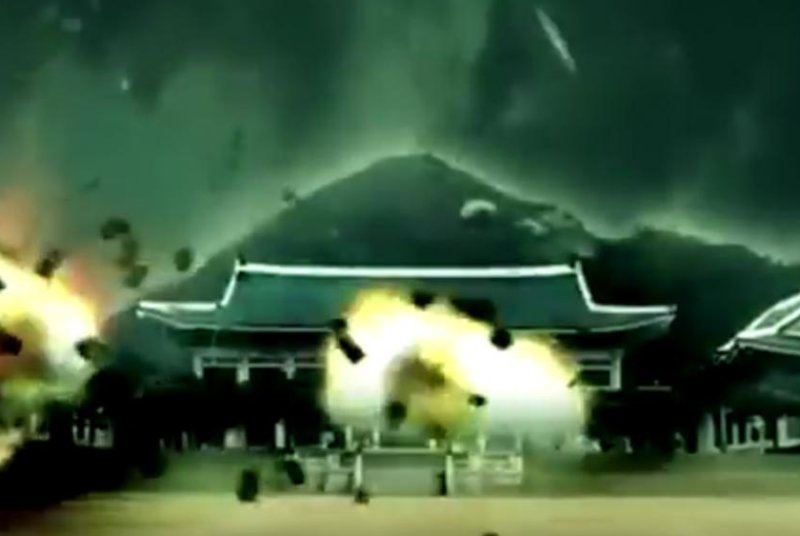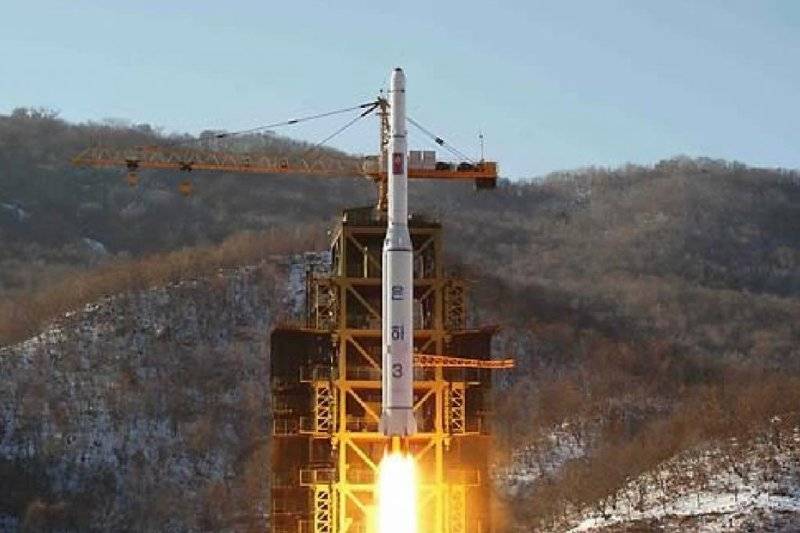Confounding
Gold Member
- Jan 31, 2016
- 7,073
- 1,551
- 280
- Banned
- #1
That's a good way to not be a country anymore.
WPK lays out scathing new approach in relations with China
The Workers’ Party of North Korea has recently issued a document from Pyongyang to provincial bodies that condemns Beijing for taking part in UN sanctions against the North and openly rallies Party members toward nuclear conflict with China.
WPK lays out scathing new approach in relations with China
The Workers’ Party of North Korea has recently issued a document from Pyongyang to provincial bodies that condemns Beijing for taking part in UN sanctions against the North and openly rallies Party members toward nuclear conflict with China.





